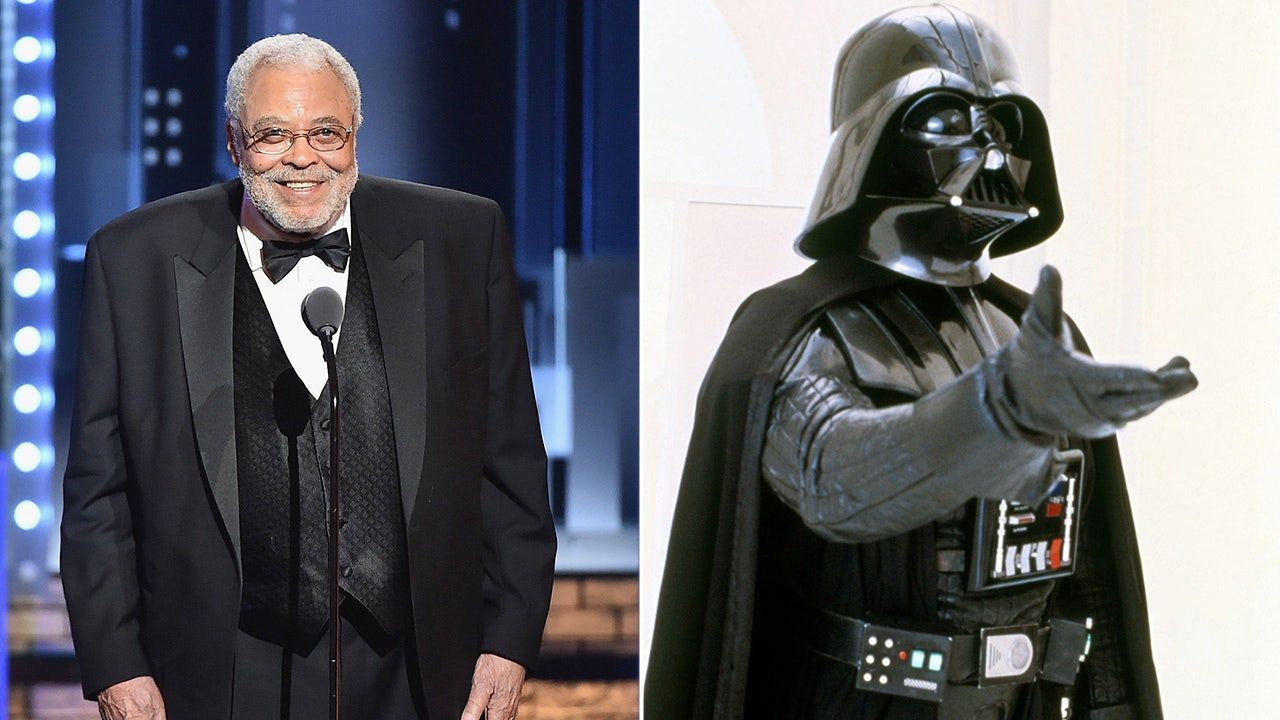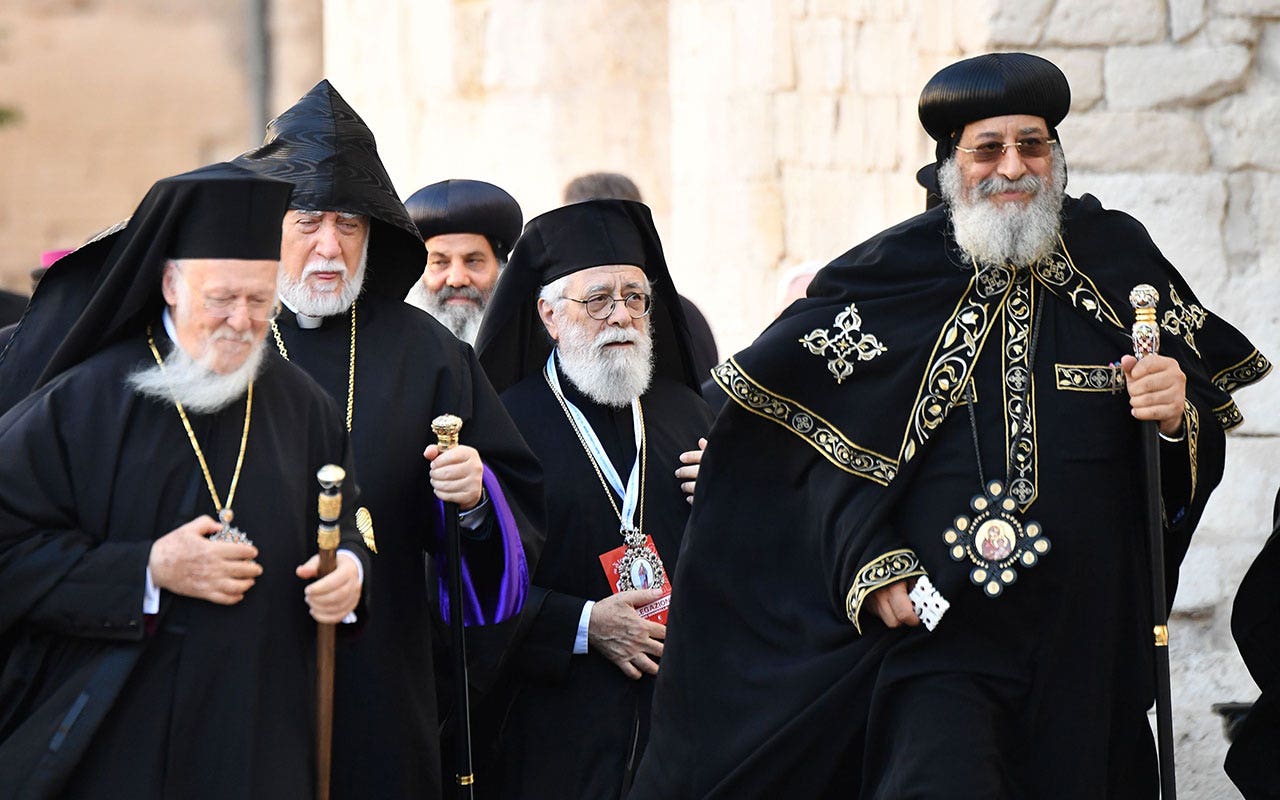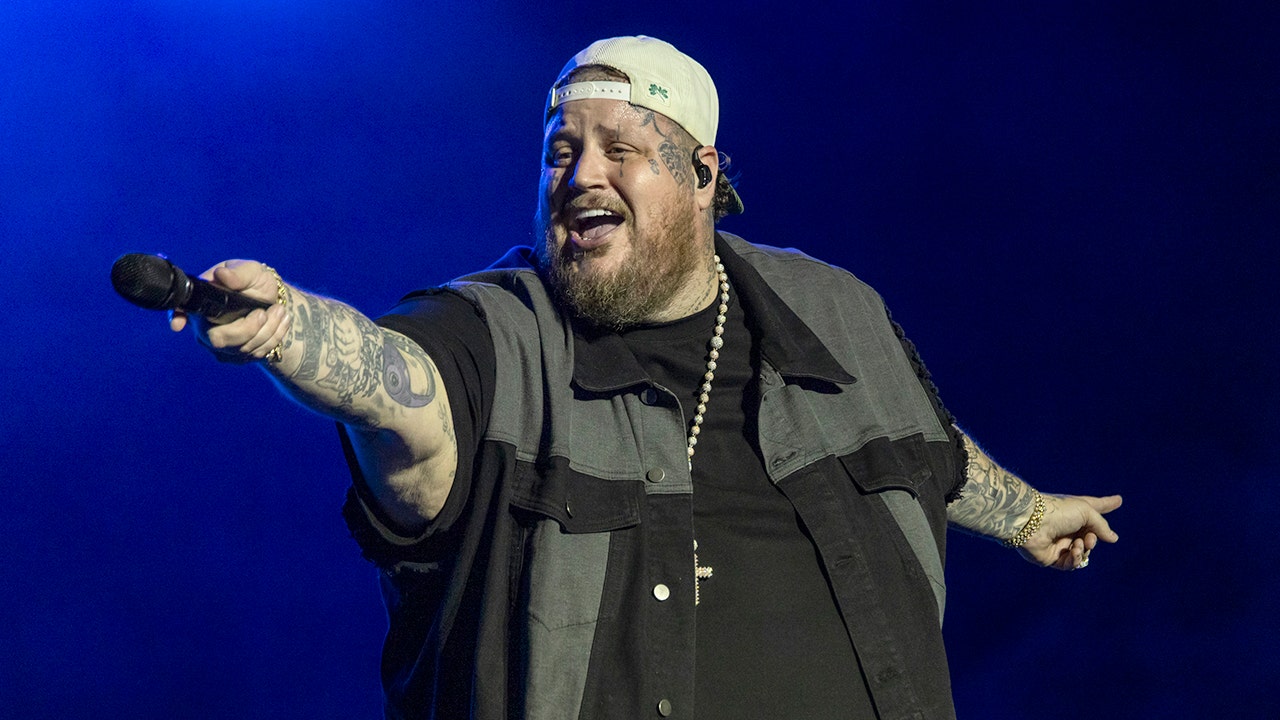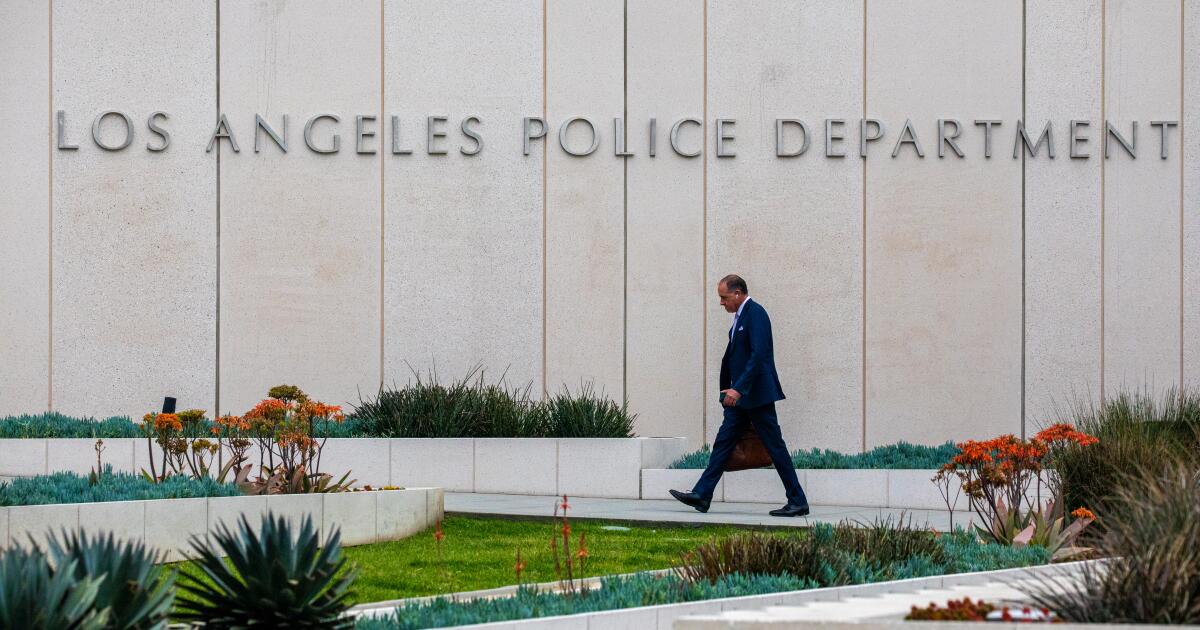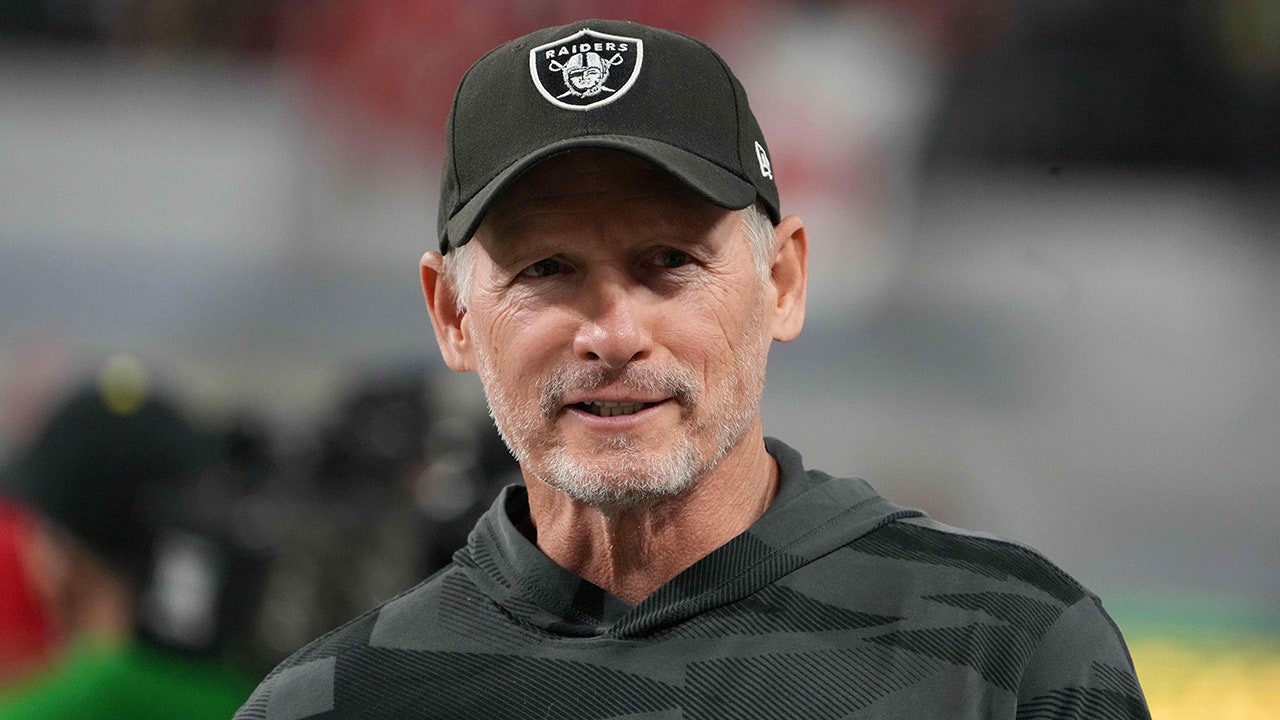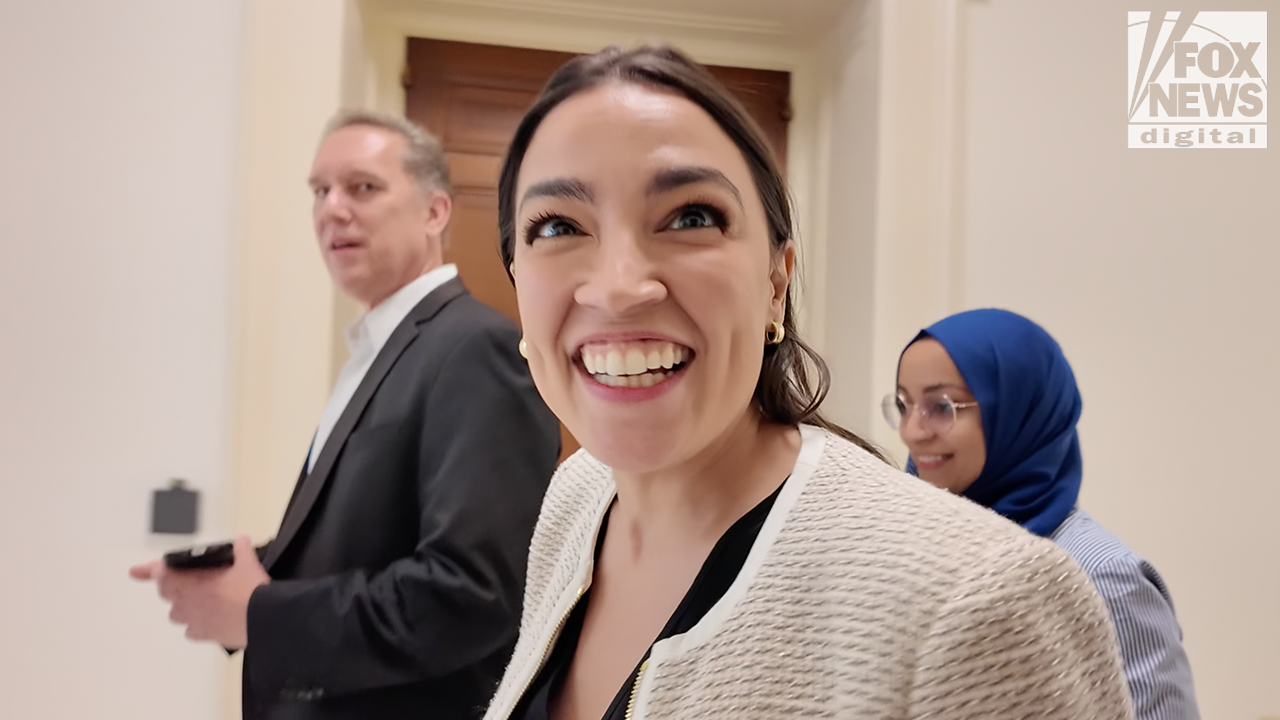One of the late James Earl Jones' most iconic and beloved roles was that of Darth Vader in the original “Star Wars” trilogy.
Jones, who died Monday at age 93, lent his voice to the franchise character and now, through artificial intelligence, his signature voice and performance will be able to live on.
According to Vanity Fair, Jones has licensed the rights to his voice as Darth Vader to Lucasfilm, the company behind the “Star Wars” universe, and Ukrainian startup Respeecher in 2022.
Matthew Wood, the company's sound editor, told the outlet that after recording a brief line of dialogue on 2019's “The Rise of Skywalker,” Jones “had mentioned that he was considering ending this particular character.”
James Earl Jones has passed away at the age of 93
James Earl Jones' vocal performance as Darth Vader will live on thanks to artificial intelligence. (Getty Images)
Wood said he showed the work to Jones Respeecher and that the actor authorized the use of archival recordings of his voice, adding that they kept him informed about plans for the character and listened to his advice on how to keep it consistent with Jones' previous work.
Darth Vader later appeared in the 2022 Disney+ series “Obi-Wan Kenobi” after Jones’ official retirement that year. Mark Hamill, who played Luke Skywalker, also had his voice “rejuvenated” by Respeecher for an appearance on “The Mandalorian,” also on Disney+.
“I had mentioned that I was considering dismantling this particular character.”
Representatives for Lucasfilm, Respeecher and the Jones estate did not immediately respond to requests for comment.
The news that Jones had given up his voice rights, at least for the role of Darth Vader, has sparked concern among actors following last year's strikes centered on AI replacing actors and the ongoing video game actors' strike.
“If the game companies, the movie companies, would give consent and transparency in compensation to every actor like they gave to James Earl Jones, we wouldn't be on strike,” Zeke Alton, a voice actor and member of SAG-AFTRA's interactive media agreements negotiating committee, told The Associated Press.
“This shows that they can do it. They just don't want to do it for people who they believe don't have the ability to negotiate for themselves.”
Other actors expressed concern about the possibility of losing work in the voice-over field, which can often provide a steady stream of work for voice actors. But Crispin Freeman, a voice actor who has worked on the voice of Orlando Bloom in “Pirates of the Caribbean,” told the AP that even if it eliminates some jobs, the technology does not affect “the ability of future artists to break through” into new roles.
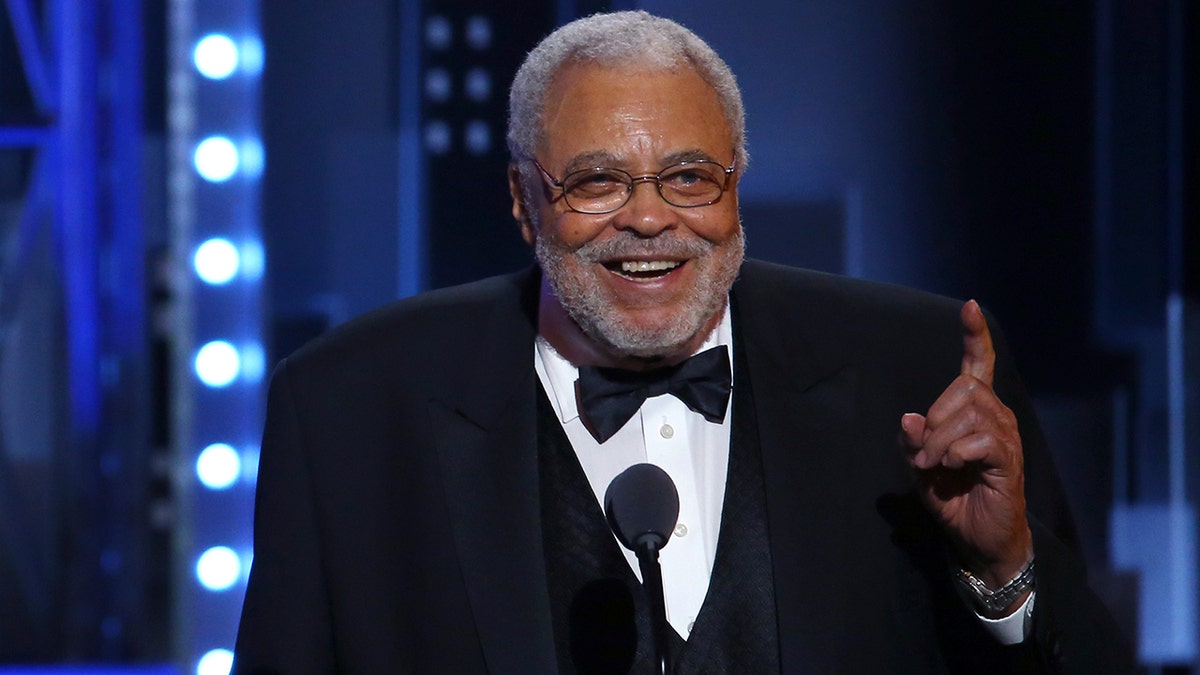
Jones' contract has raised concerns among some actors about the possibility of losing future work, while others hope his agreement with Lucasfilm for his voice work as Darth Vader could set a useful precedent in future negotiations. (Michael Zorn/Invision)
WHAT IS ARTIFICIAL INTELLIGENCE (AI)?
However, the “Star Wars” franchise is facing a potential legal battle over another actor's re-creation.
The Times reported earlier this week that the filmmakers behind 2016's “Rogue One: A Star Wars Story,” Lucasfilm and production company Lunak Heavy Industries (U.K.), are being sued over the artificial intelligence replica of the late Peter Cushing in the prequel film.
Cushing, who played Grand Moff Tarkin in the original “Star Wars” film, died in 1994, but his likeness was used in “Rogue One,” thanks to special effects and British actor Guy Henry as his body double.
A friend of Cushing's, Kevin Francis, is suing the filmmakers through his company, alleging that the late actor did not give anyone permission to recreate his likeness without his approval. He has also filed lawsuits against the executors of Cushing's estate, who have also died, and against his former management.
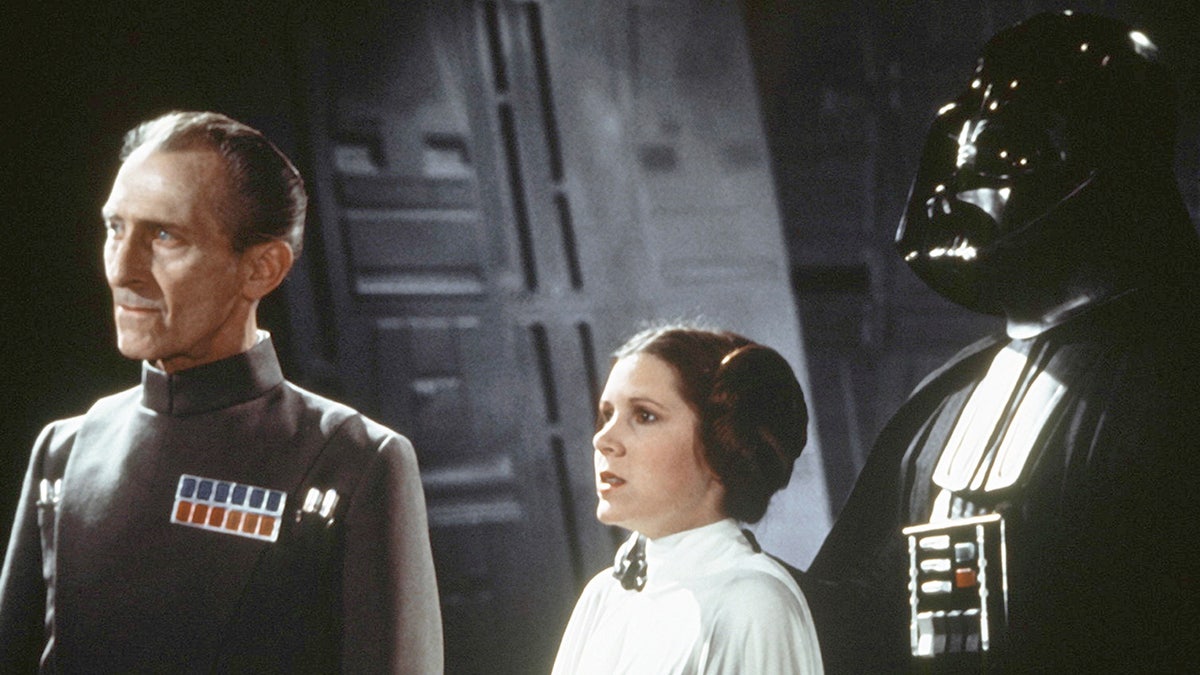
Peter Cushing, who appeared in the first “Star Wars” film alongside Carrie Fisher and David Prowse (as Darth Vader on set) and James Earl Jones (voice of Darth Vader). (Sunset Boulevard/Corbis via Getty Images)
CLICK HERE TO SUBSCRIBE TO THE ENTERTAINMENT NEWSLETTER
The outlet reported that Cushing signed an agreement in 1993 that gave Francis approval of his friend's image.
The Superior Court upheld an earlier ruling denying Lucasfilm and Lunak Heavy Industries' motion to dismiss the case.
Representatives for Francis and Lucasfilm did not immediately respond to Fox News Digital's request for comment.
Cushing's appearance in “Rogue One” was just the beginning of controversial cameo appearances by deceased performers in films.
Earlier this month, “Alien: Romulus” director Fede Alvarez defended the film's use of the late Ian Holm's likeness, recreated via AI.
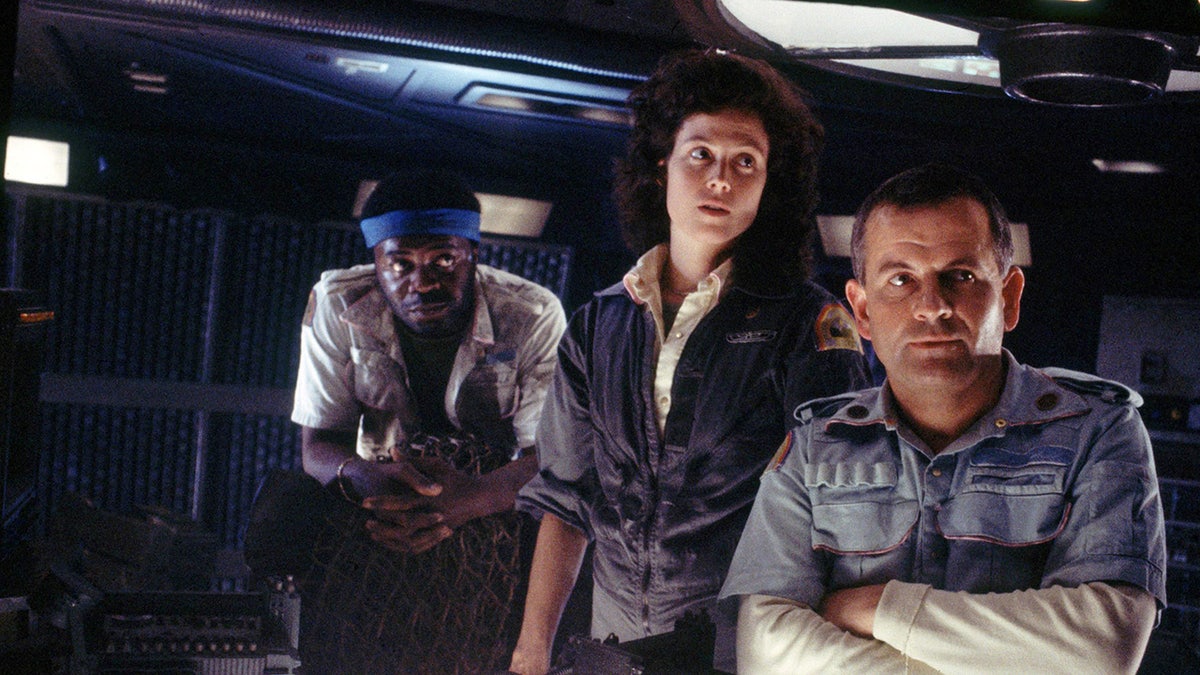
Ian Holm, who starred alongside Sigourney Weaver in the original “Alien” and died in 2020, had his likeness recreated by AI in the newly released “Alien: Romulus.” (Robert Penn/20th Century Fox/Kobal/Shutterstock)
LIKE WHAT YOU'RE READING? CLICK HERE FOR MORE ENTERTAINMENT NEWS
“We weren't trying to do what you can't do, which is reproduce that person's talent as an actor, because it's a different character,” he told the Los Angeles Times. “The only thing they have in common is the resemblance.”
Alvarez said he approached Holm's widow, Sophie de Stempel, for her opinion and approval.
“We did everything with great respect and always with the permission of his family, his children and his widow, who said: 'We would love to see his image again,'” he said.
While Cushing's lawsuit is underway in the U.K., new legislation in California addressing likenesses of actors, living and dead, is expected to hit Gov. Gavin Newsom's desk soon.
WATCH: SAG-AFTRA REPRESENTATIVE ON WHY LAST YEAR'S “DEVASTATING” ATTACKS IN HOLLYWOOD WERE “NECESSARY”
CLICK HERE TO GET THE FOX NEWS APP
The state Senate passed two bills in August: AB 1836, which restricts the use of AI to create digital replicas of dead artists without the consent of their heirs, and AB 2602, which increases consent requirements for living artists to create AI replicas.
“Both bills have been a legislative priority for the union on behalf of our members and beyond, making explicit consent mandatory in California. We look forward to seeing these bills signed by Governor Gavin Newsom,” the actors union, SAG-AFTRA, said in a statement on its website.
The union has also supported new federal legislation recently reintroduced in Congress: the No Fakes Act.
The Associated Press contributed to this report.

